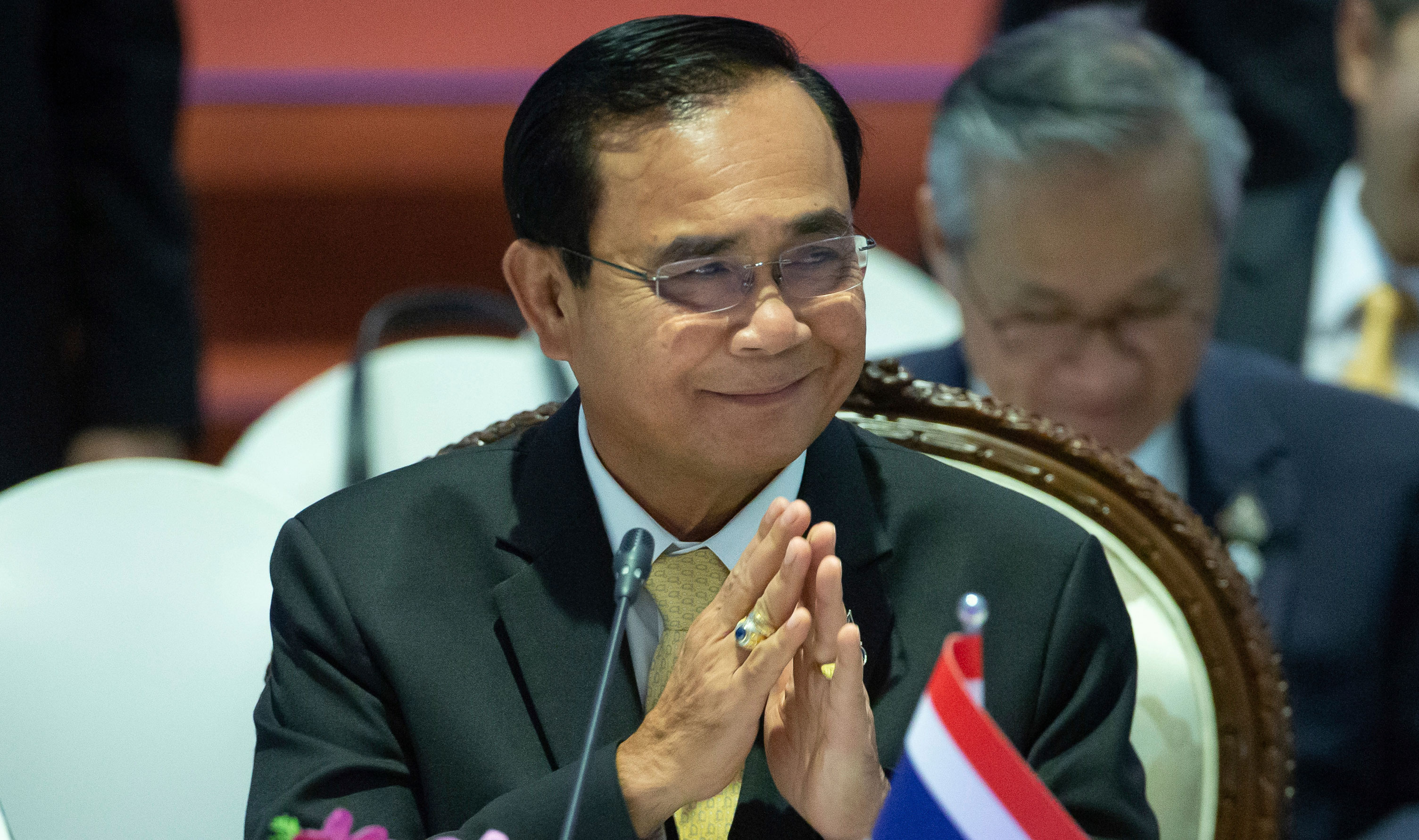Southeast Asian countries must stick together in the face of a trade war started by US President Donald Trump, Malaysia’s veteran leader said on Saturday at the start of a regional summit held in the shadow of US-China tensions.
But as leaders of the 10-member Association of Southeast Asian Nations (Asean) met in Bangkok, there was no sign they had yet finalised a planned trade deal backed by China that could create the world’s biggest free trade area.
“We don’t want to go into a trade war. But sometimes when they’re not nice to us, we can’t be nice to them,” Mahathir Mohamad, Malaysia’s outspoken 94-year-old Prime Minister told a business summit on the sidelines of the main meeting.
In an obvious reference to Trump, whose administration began raising tariffs on Chinese imports with the goal of reducing the US trade deficit, Mahathir said, “If the person is not there, maybe there will be a change.”
A draft final statement for the Asean summit seen by Reuters said the leaders would express “deep concern over the rising trade tensions and on-going protectionist and anti-globalisation sentiments”.
Trade would be the main topic, diplomats said, with little discussion expected on perennial regional problems such as maritime disputes with China over the South China Sea and the plight of Rohingya refugees driven from Myanmar.
“We want global economic peace,” said Arin Jira, chairman of the Asean Business Advisory Council, a body set up by the member states.
Export-reliant Southeast Asian states are at the sharp end of the trade war, with growth expected to slow to its lowest in five years this year. They are also worried at increasing Chinese influence in a region whose population of more than 620 million is still less than half of China’s.
RCEP fate hangs in balance Southeast Asian states had hoped to make progress towards finalising the Regional Comprehensive Economic Partnership (RCEP), comprising 16 countries that account for a third of the global gross domestic product and nearly half of the world’s population.
But that was unclear after a scheduled news conference was cancelled late on Friday. A major sticking point has been demands from India, which is worried about a potential flood of Chinese imports.
“The finalisation of the RCEP negotiation has become a key test for Asean’s capacity to deliver on its often-cited centrality,” Marty Natalegawa, a former Indonesian foreign minister, said.











